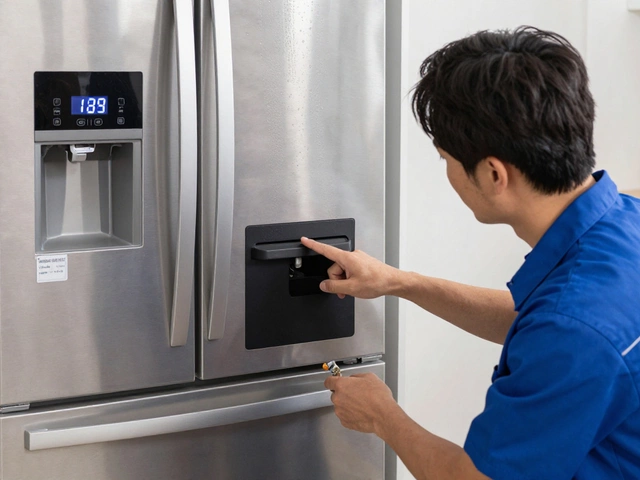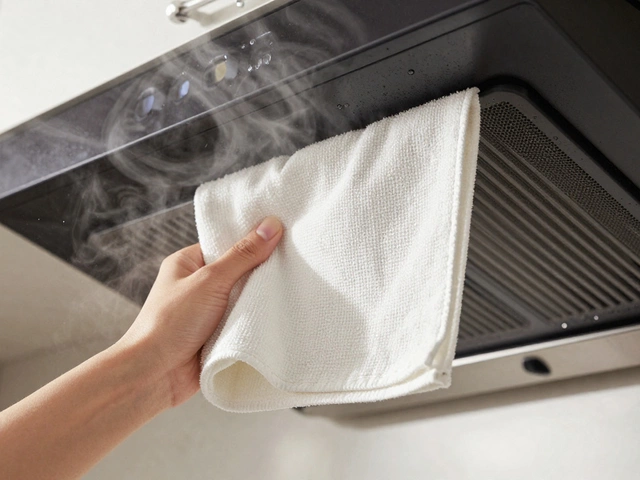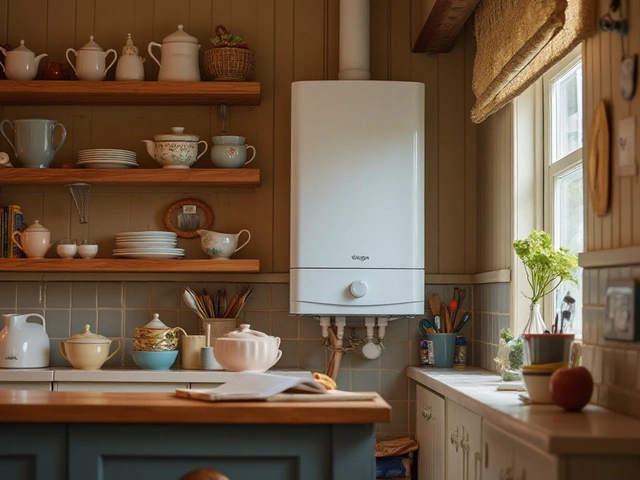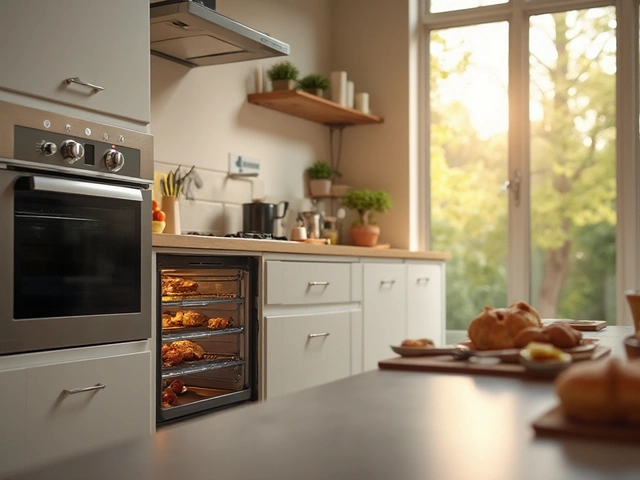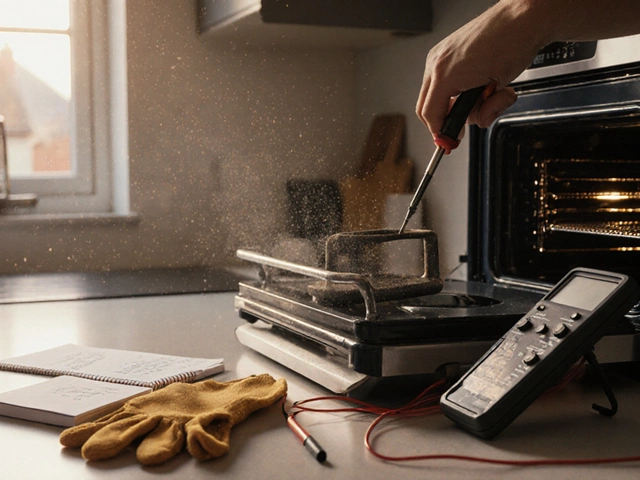How Do You Describe an Appliance? A Practical Guide for Homeowners and Service Technicians
March 1 2026Home Improvement: Practical Gas Appliance & Kitchen Repair Guide
When a boiler stops, an oven clunks, or the water isn’t hot, it can feel like your whole day is on hold. The good news? Most of these problems have a clear, doable fix – or at least a fast path to the right professional. Below you’ll find straight‑forward advice that saves time, money, and the stress of waiting for a technician.
Boiler & Heating Essentials
Boilers are the heart of any heating system, so a quick diagnosis matters. If you notice strange noises, leaks, or a sudden loss of heat, first check the pressure gauge – it should sit between 1 and 1.5 bar when the system is cold. Anything lower often just needs a top‑up, which you can do with a simple garden hose attached to the filling loop.
When the boiler won’t fire at all, look at the power supply and ensure the thermostat is set correctly. A tripped breaker or a dead battery in the thermostat can be the culprit. If the display is flashing a code, jot it down and compare it with the manufacturer’s guide – it usually points you straight to the issue.
Regular maintenance can cut repair time dramatically. Schedule a yearly service, clean the heat exchanger, and flush out any sediment that builds up inside the system. This not only improves efficiency but also helps you spot worn parts before they cause a breakdown.
Kitchen Appliance Quick Fixes
Ovens are another common headache. Before you call anyone, unplug the unit and let it cool completely. Most oven faults are related to a faulty heating element or a blown fuse. Remove the back panel, locate the element, and look for visible cracks or a burnt smell. Swapping it out is usually a two‑minute job with a screwdriver and a replacement part.
If the oven temperature is off, the thermostat may need recalibration. Many models have a simple dial or a digital menu where you can adjust the set point by a few degrees. Test the change by baking a tray of cookies; if they bake evenly, you’re good.
Water heaters, whether gas or electric, often suffer from sediment buildup. Over time, minerals settle at the bottom and reduce heating efficiency, leading to lukewarm showers. Turn off the power or gas, let the tank cool, then attach a garden hose to the drain valve and flush until water runs clear. This quick maintenance step can add years to the unit’s life.
Cold water at the tap can also be a thermostat issue. For gas units, the gas control valve might need cleaning; for electric, the heating element could be failing. If you’re comfortable, remove the access panel and test the element with a multimeter – 0 Ω indicates a short, infinite resistance means it’s broken.
Extractor fans in kitchens and bathrooms often stop because the motor’s bearings seize up or the filter is clogged. Remove the fan grille, clean the filter, and give the motor a quick spin. A burst of compressed air can clear dust from the blades. If the fan still hums without moving air, the motor likely needs replacement.
When you’ve tried these steps and the problem persists, it’s time to call a certified gas engineer. Trying to fix a gas leak or a complex boiler control on your own can be dangerous. Professional techs have the tools and training to handle high‑pressure systems safely.
Remember, the best DIY repairs start with a clear plan: turn off power, read the manual, and work methodically. A little preparation goes a long way toward a quick fix and avoids accidental damage.
Keep this guide handy whenever an appliance hiccups. With the right checks, most issues can be solved in under an hour, letting you get back to a warm home and a functional kitchen without the headache of a prolonged outage.
 5 Jul
5 Jul
Should You Repair or Replace an 8-Year-Old Oven? Expert Advice & Real Costs
Debating whether to repair or replace your 8-year-old oven? Learn about real repair costs, expected lifespan, and practical tips to help decide what’s worth it for your kitchen.
Read More...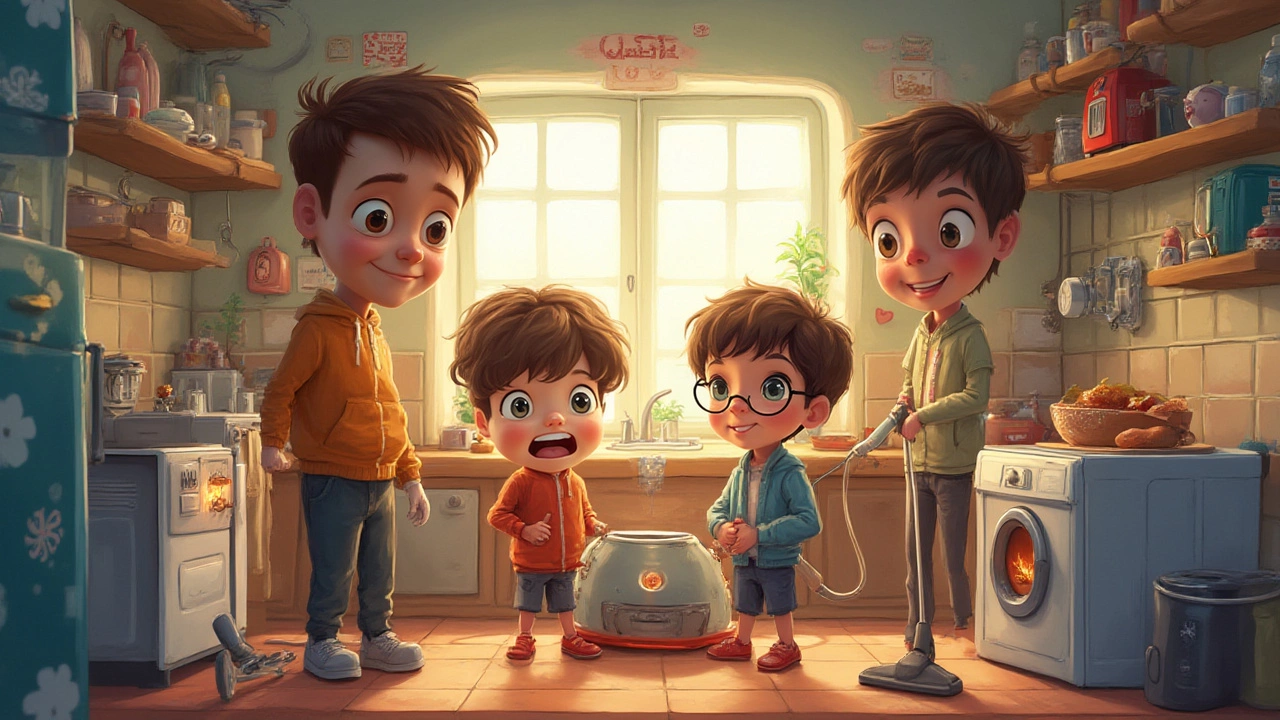 4 Jul
4 Jul
How Common Household Appliances Really Work: Explained Simply
Discover the secrets behind common household appliances. This article breaks down how each one actually works—no complicated jargon, just clear, practical explanations everyone can understand.
Read More... 3 Jul
3 Jul
Why Is Boiler Replacement So Expensive? Breaking Down the Real Costs
Uncover the real reasons behind high boiler replacement costs. Get detailed explanations, price factors, hidden fees, real-life stats, and tips for saving money.
Read More...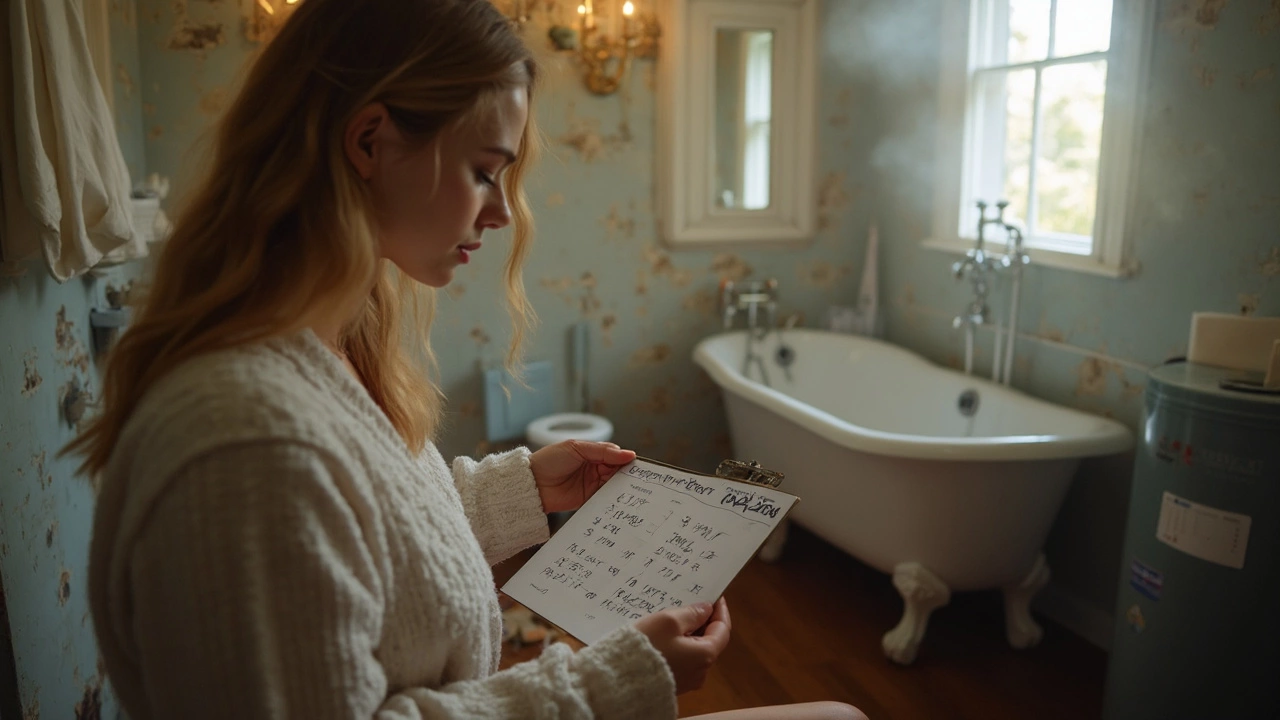 27 Jun
27 Jun
How Long Should Your Water Heater Last? Lifespan, Signs, and Replacement Tips
Everything you should know about how long a water heater lasts. Discover practical maintenance tips, warning signs, and real facts to help you plan for a replacement.
Read More...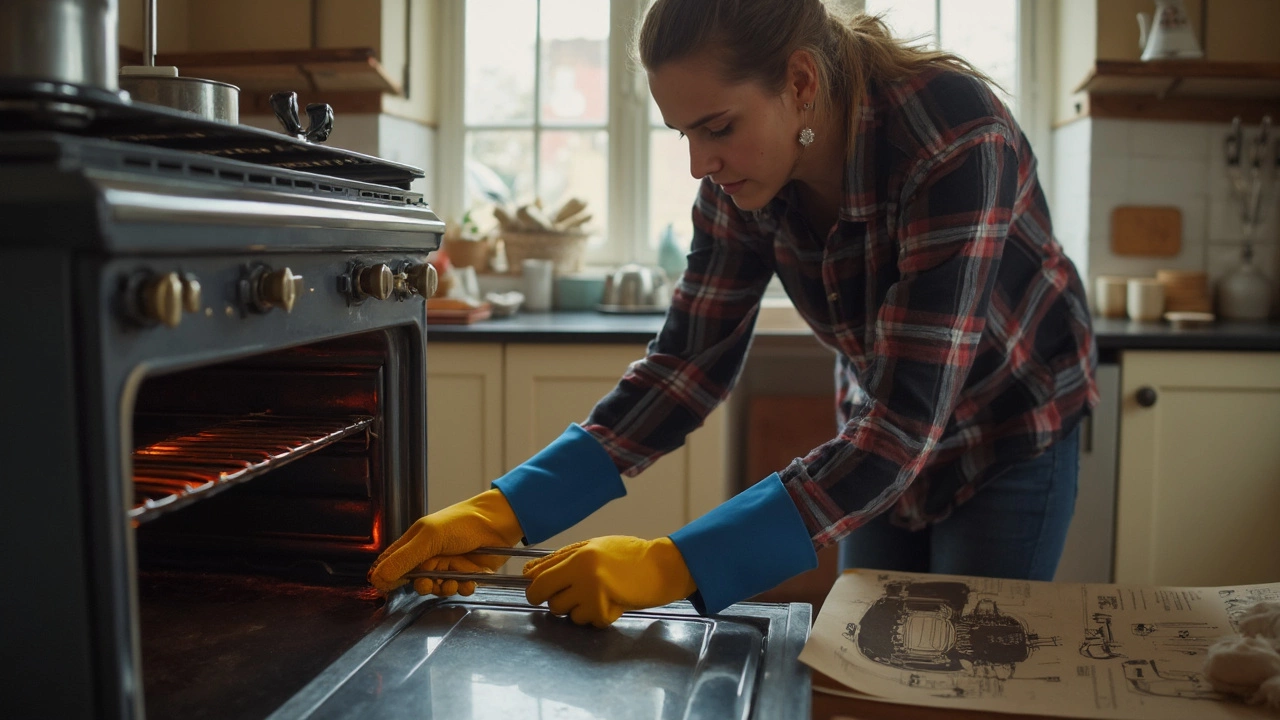 26 Jun
26 Jun
Oven Repair DIY: Can You Fix Your Oven at Home?
Get the facts and how-to tips on oven repair: from easy fixes like replacing elements to knowing when to call a pro. Real-life troubleshooting and safety advice.
Read More... 31 Jan
31 Jan
Troubleshoot and Fix a Water Heater Delivering Cold Water
A cold water surprise from your water heater usually signals a problem, and it’s essential to diagnose and fix it before it turns into a costly repair. From checking the thermostat to flushing out sediment, understanding the mechanics can help get your water heater back in action. In some cases, the fix might be simple; other times, professional help might be needed. Explore some hands-on tips and tricks for those willing to try a do-it-yourself approach. Remember, safety is crucial when dealing with the appliance that combines water and electricity or gas.
Read More... 30 Jan
30 Jan
Why Your Extractor Fan Stopped Working: Troubleshooting Tips and Solutions
Extractor fans are crucial for maintaining good air quality and removing moisture in kitchens and bathrooms. When they stop working, it can lead to poor ventilation and even damage to your home. This article explores common reasons for an extractor fan to fail, from electrical issues to mechanical failures, and provides practical solutions and maintenance tips to get them back in working order.
Read More... 18 Jan
18 Jan
Troubleshooting Cold Showers: Common Hot Water Problems and Solutions
Discover why your hot water might be running cold and how to fix it with our detailed article on common water heater problems. From thermostat issues to sediment build-up, learn about potential troubleshooting steps and maintenance tips. Keep your showers steaming with simple checks and DIY solutions. Gain insight into signs that professional help may be needed for efficient repair. Ensure continuous warmth by exploring preventative care routines.
Read More...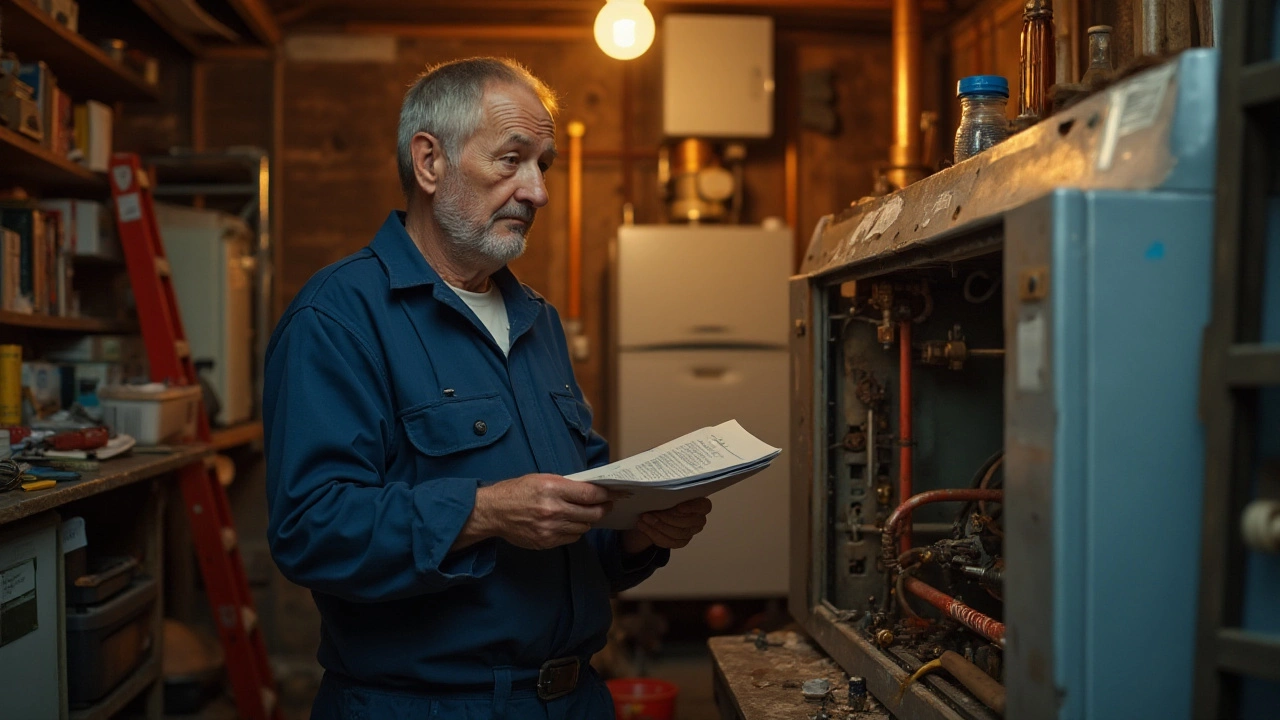 16 Jan
16 Jan
Efficient Boiler Repair: How Long Does It Really Take?
When your boiler breaks down, knowing how long it will take to fix can relieve stress and help with planning. Several factors contribute to the duration of a boiler repair, including the complexity of the issue, availability of parts, and expertise of the technician. Understanding these aspects can aid in anticipating repair timelines. Proper maintenance and knowing when to call a professional can ensure your boiler remains in good working condition, minimizing future repair times.
Read More... 9 Jan
9 Jan
DIY Tips: Can You Replace Your Electric Oven?
Many homeowners wonder if they can tackle the job of replacing an electric oven themselves. This article will walk you through the essential factors to consider before taking on such a project, safety tips to keep in mind, and tools you might need. By breaking down the process into clear sections, you'll gain insight on how feasible it is to handle this task without professional help. We'll also discuss when it might be better to call in an expert if things get tricky.
Read More... 18 Dec
18 Dec
Should You Repair a 20-Year-Old Water Heater? Expert Insights and Tips
Considering whether to repair a 20-year-old water heater involves evaluating various factors like ongoing efficiency, safety concerns, and repair costs. Over time, water heaters lose efficiency, potentially leading to increased energy bills and less reliability. Repairs for aging units can become frequent and costly, making replacement a more attractive option in certain scenarios. By understanding the implications and exploring tips from experts, homeowners can make informed decisions about whether to repair or replace. This article provides insights and guidance to help you decide the best course of action for your water heater needs.
Read More... 11 Dec
11 Dec
Signs You Need to Replace Your Hot Water Heater
A hot water heater is an essential appliance in any home, providing warm water for showers, cooking, and cleaning. However, these systems don't last forever, and knowing when to replace them is crucial to avoid inconvenience and potential damage. Common signs of a failing water heater include inconsistent water temperature, discolored water, strange noises, and leaks. Regular maintenance can extend the lifespan of your heater, but recognizing the right time for a replacement is key to maintaining comfort and efficiency in your home.
Read More...